Visiting Indonesia
We are thrilled to work with organizations in beautiful Indonesia, partnering to educate communities about renewable energy and regenerative agriculture both on-site and at our campus in Tilonia, India. Some of our team members recently made the journey to this picturesque country, on a mission to connect, collaborate and conduct our latest endeavours to support women, children and the natural ecosystems they depend on.
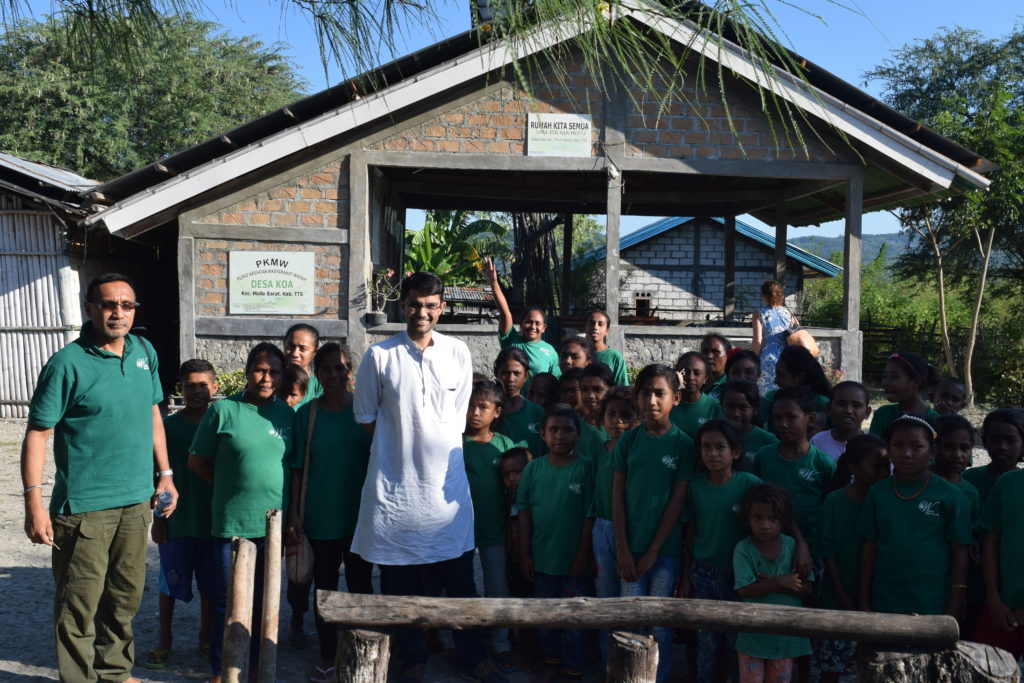
Keep in Touch!
We often get asked what happens to our Solar Mamas once they return to their countries of origin:
- What do the Solar Mamas do after their training in India is completed?
- Are the Mamas well-received by their communities after a 6-month absence from their villages?
- Does the feeling of self-autonomy prevail as they reintegrate into their local routines?
And likely the most frequently asked question:
- How do we stay in touch with the Mamas once they’ve returned home?
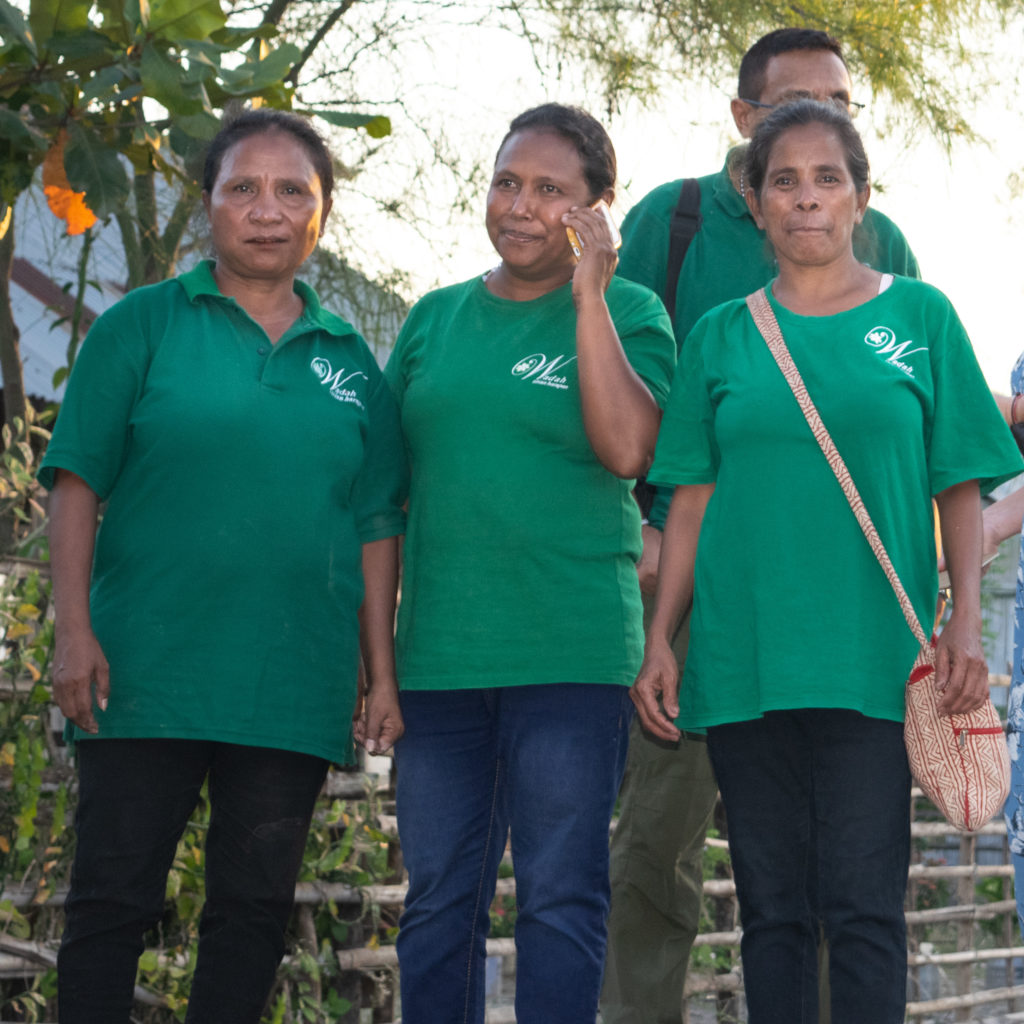
Our CEO Meagan Fallone and regional coordinator Harsh Tiwari made the voyage last week to three villages on remote islands of Indonesia where a few of the Mamas from our previous class permanently reside. They paid the villages visits to ask these questions, among others, to a few of the recent alumni themselves.
If you’ve been following the story of some of our last class of Solar Mamas, they may be familiar to you: Yumina, Mailani and Yohana have been home for several months following their training and graduation ceremony. This check-in by Meagan and Harsh is a way to continue showing support to the women who hustle both in their classroom lives and as cornerstones in their local communities.
A total of 19 Indonesian women from 13 villages have been trained at our Barefoot College Campus in Tilonia to date, who have gone on to install hundreds of Solar units in their regions once they have returned home.
Speaking with ground partners and members of the villages, Meagan and Harsh learned that post-training, the Mamas have already begun to participate in more activities within their communities. Their voices are being heard, their husbands and families are proud of them. Overall, the Mamas said that they’re happy, and their confidence is easy to detect on their beaming faces.
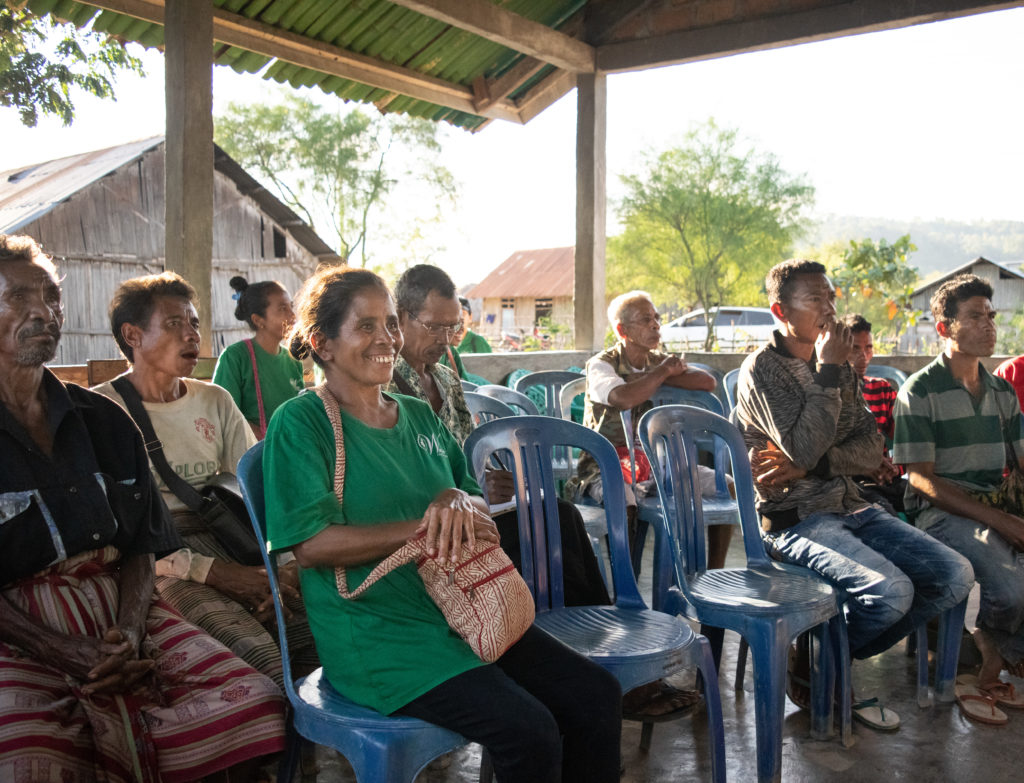
Every Barefoot Step of the Way
Meeting face-to-face with community members signifies to partners that Barefoot is fully backing the Mamas as they continue their life journeys. Listening to their concerns and visions for the future of their villages means that we’re supporting their unique regional needs, and devising techniques that could be used in the future of our partnerships.
Indonesia, a typically male-dominated society, does not normally make life for women easy. Often undervalued, ignored and threatened, most women struggle to have their voices heard and their personal choices accepted.
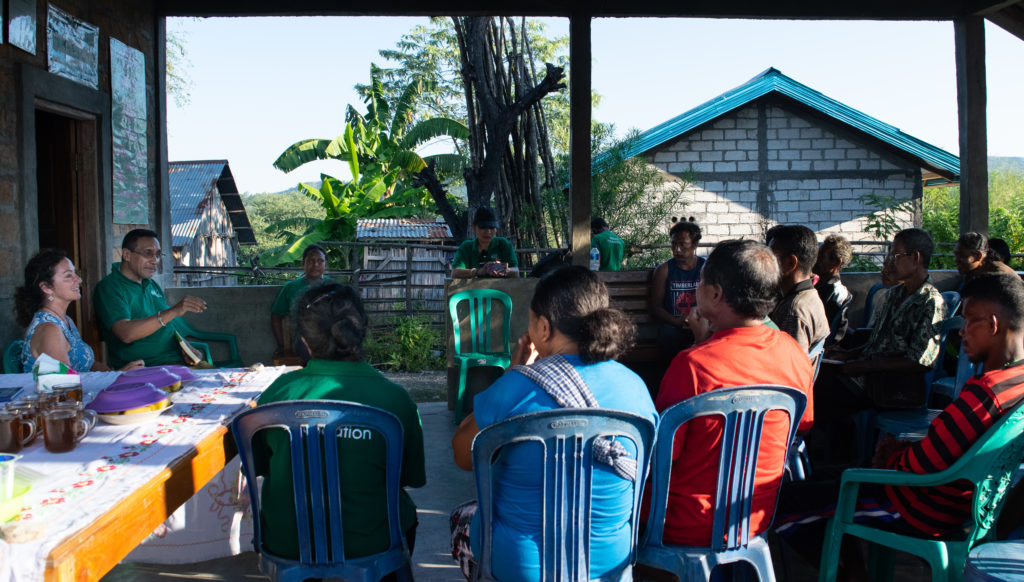
Fortunately, another obstacle that these island villages face has fostered a new avenue of opportunity for the women of these communities. With replete inaccessibility to electricity, due to the remoteness of these islands, hooking up to a grid system is impossible. Most islanders resort to travelling to the mainland to acquire costly, dirty kerosene oil for their lamps. Villagers also travel out to charge their phones, which is costly and cumbersome but often a necessity.
With the option of kerosene already identified as an unattractive ultimatum, villagers are more than willing to explore new alternatives. They understand that lamps and oil are not cost or time-effective and carry risks that could be avoided. Relying on a substance that they must continue to purchase from abroad results in a loss of self-sufficiency.
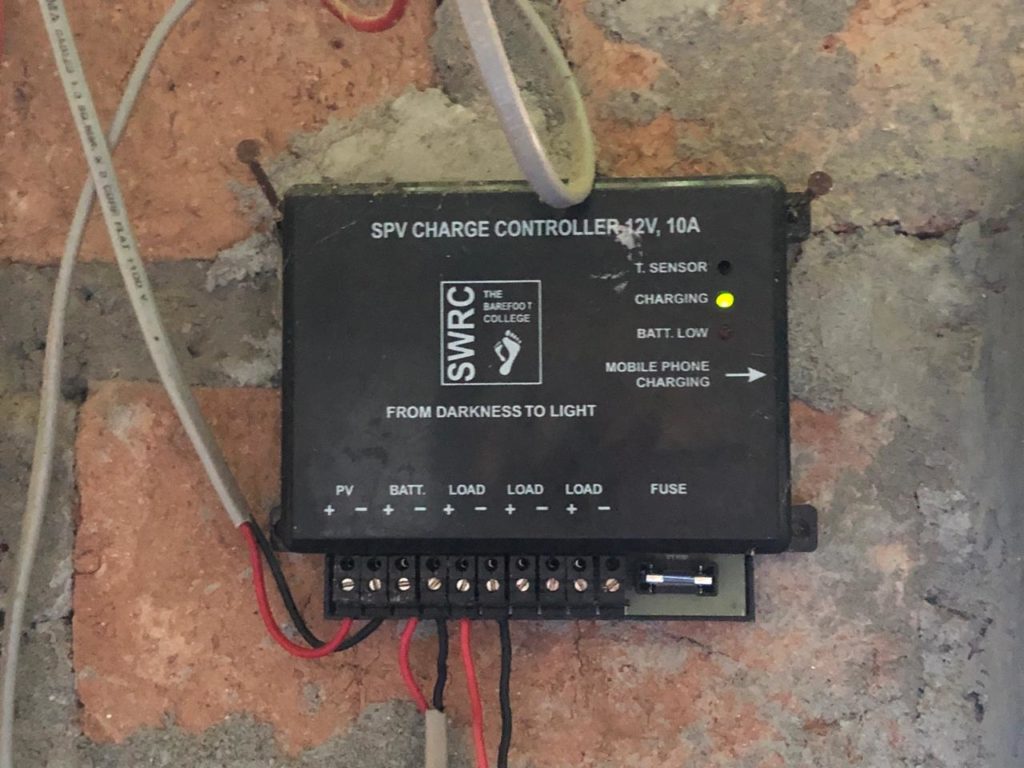
An All-around Brilliant Idea
For a while now, Solar energy has been identified as the clear choice. However, the infrastructure is often far less reliable than the ideal; things are prone to break down, and anything that malfunctions can become burdensome to fix. When we train women who live on the islands themselves, they can be available- and qualified- to assemble and maintain the units much more efficiently.
With the Solar Mamas, solar electricity becomes an inside job; the village pays a local for their labour and product instead, and when something goes wrong, she’s called on as well, instead of someone form elsewhere.
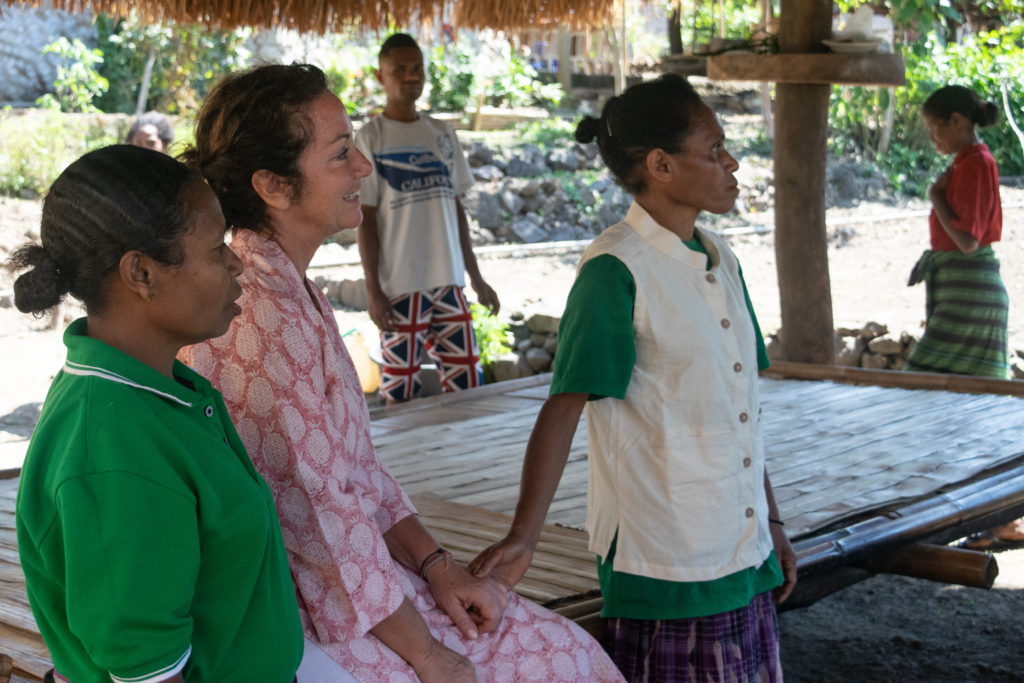
The overarching impact may be obvious, but even minute factors such as counting on your friendly neighbourhood Solar Mama truly strengthens the community. Villagers collectively grow confident in their abilities and preserved freedoms.
Together, kindled by the Mamas, they shine brightly.

